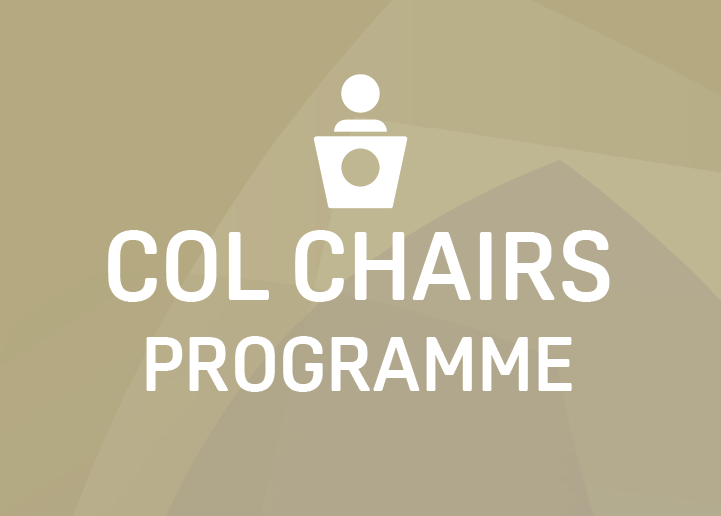Policy
COL promotes and informs the development and use of technology-enabled learning (TEL).
The objectives of COL’s TEL policy are to:
- expand effective learning opportunities through its programmes, using the most appropriate technologies and approaches to fit the learners’ circumstances;
- monitor latest developments in TEL to identify and promote any that are potentially useful for reaching additional learners and improving the teaching-learning processes; and
- support innovative pilot programmes to test the use of technologies and approaches and share findings with other countries.
This policy applies to both the programme and the service dimensions of TEL across the organisation.
Guidelines
These policy guidelines provide the basis for a standardised and structured approach to the use of technologies for improving the quality of teaching and learning:
- COL’s core task is to expand access to quality learning through its programmes in Commonwealth countries. The range of possible technologies to achieve this includes the use of community radios, mobile devices and platforms for massive open online courses (MOOCs). Due to the rapid technological changes, COL must constantly seek technology solutions that are affordable, accessible and available to its diverse stakeholders.
- COL shall provide technological infrastructure that may be used to support its education and learning programmes.
- Wherever feasible, the most cost-effective open options shall be implemented by COL for further adoption/adaptation.
COL shall focus its TEL efforts as follows:
- Evaluating learning management systems (LMSs), technologies and software for supporting mobile learning, MOOC management systems, open access and OER repositories, and open source software to ensure efficiency and effectiveness;
- Developing and providing the training necessary for Commonwealth countries to gain the skills to develop learning materials in appropriate formats for repositories and reuse in learning management systems and the pedagogies required for enhanced learning outcomes;
- Providing a basic infrastructure for online programmes and communities of practice to address both development and delivery of effective TEL; and
- Storing learning content that is customisable, reusable and available to member countries using appropriate technologies that are easy to access and use.
May 2017





